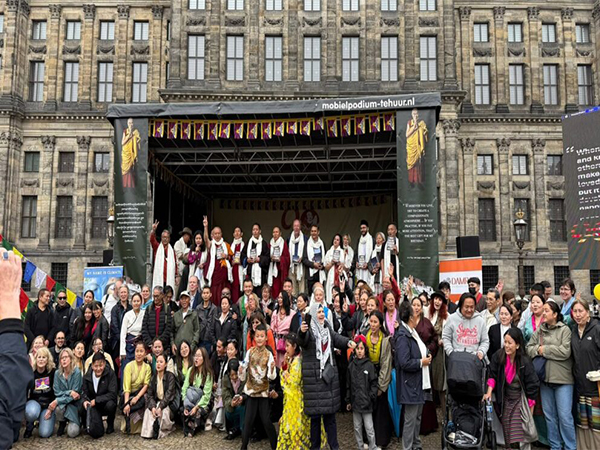D66 Triumphs: Dutch Election Marks End of Far-Right Surge
The D66 party is set to become the largest in the Dutch parliament, paving the way for leader Rob Jetten to potentially become the youngest prime minister. The election marks a significant defeat for far-right leader Geert Wilders, with high hopes for a coalition government built on consensus and moderation.

In a historic electoral outcome, the centrist D66 party is poised to emerge as the leading force in the Dutch parliament, setting the stage for its leader Rob Jetten to potentially become the Netherlands' youngest prime minister.
This shift in political dynamics deals a significant blow to far-right politician Geert Wilders and indicates a broader rejection of populist policies in favor of a consensual and moderate government strategy.
Forming a coalition, a tradition in Dutch politics, is expected to involve protracted and intricate negotiations, with at least four parties required to achieve a majority. D66 is likely to collaborate with mainstream parties that remain committed to key international alliances and progressive domestic policies.
ALSO READ
-
D66 Victory: Paving the Way for Rob Jetten's Leadership in the Netherlands
-
D66's Election Triumph: A Pathway to Stability
-
Dutch Elections: Disappointment for Far-Right as D66 Takes Lead
-
Rob Jetten: The Young Trailblazer Set to Transform Dutch Politics
-
Rob Jetten Poised to Make History in Dutch Politics









